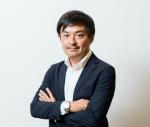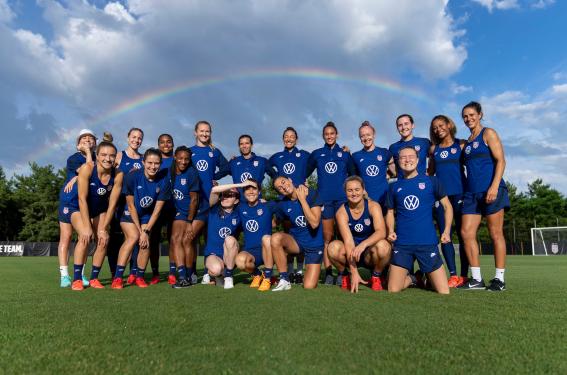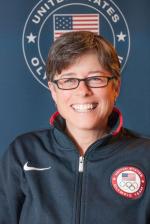McCormack MS Alumni at the Tokyo Olympics
November 3, 2021
Three graduate alumni who attended the Olympics this past summer shared their stories.
Takehiko Nakamura, ’04 MS


Because athletes’ movements were restricted to only their rooms, dining areas, and training facilities, Nakamura’s team coordinated with the hotel and local government to have onsite barbecue activities, local food, and natural springs; they also brought cultural ceremonies, such as the Miyazaki Shinto Shrine, to the venue so that the players could experience Japan. The company’s mission was to make sure the camp went smoothly; once the teams moved to Tokyo, they were in Japan Olympic Committee’s hands.
Troy Engle, ’85 MS

“This past summer, I found myself in Tokyo for my third major Games experience. I was recently appointed Chair of World Para Athletics and found myself back at the Paralympics in Tokyo as a technical official with the International Paralympic Committee. My career has taken me from “Olympic hopeful” to Olympic and Paralympic coach and now on the administrative side of running a Games—it’s been quite a journey!
“The Tokyo experience was like no other in my career. I have been involved in several of the legacy projects of the Tokyo Organizing Committee for the last three years—assisting developing nations’ coaches and administrators in their Games preparation. Covid put the Games on hold but it never slowed down Tokyo from working to promote sport through their Games efforts. No spectators, daily testing, and contact tracing must have put a different level of stress on the athletes and I cannot imagine competing in a giant empty stadium. But my friends who have coached the U.S. teams at both Games tell me that the teams bonded like no Games before.
“To say that ‘there will never been a Games like Tokyo’ is both an understatement and a wish—it was a unique and magical (at times surreal) experience and a testament to both the competing athletes and the organizers!”
Nancy Gonsalves, ’92 MS

“With new dates announced for 2021 almost all processes and areas were re-examined. The best word to describe the work environment was pivot. We pride ourselves on being proactive planners and had to pivot and accept that many things were completely out of our control. Our only goal became simple—get healthy teams to Tokyo and back and allow them to compete.
“‘Period of Stay’ guidelines were released that stated an athlete could not arrive until five days before their sport’s competition and had to depart within 48 hours of their competition end, or being eliminated, which made for many airline changes daily. Everyone entering Japan had to have two negative Covid tests plus file an activity plan stating all the locations they anticipated visiting while in Tokyo.
“All in all, I was pretty fortunate that my housing and work location at our outside operations center was at a nice hotel, considering the only other place I was allowed to go in six weeks were the airports and Athletes Village. Ultimately, we did meet our organizational goals and finishing atop the medal chart for the Olympic Games, and a Top-5 Paralympic Games finish was the perfect ending to a long two years!”